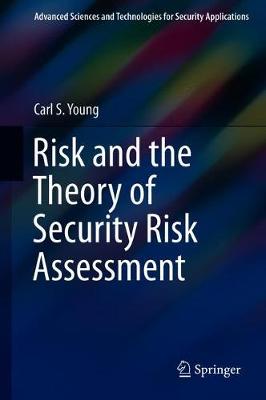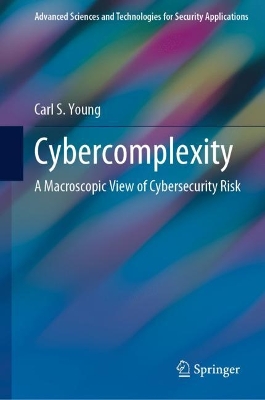Advanced Sciences and Technologies for Security Applications
2 total works
This book provides the conceptual foundation of security risk assessment and thereby enables reasoning about risk from first principles. It presents the underlying theory that is the basis of a rigorous and universally applicable security risk assessment methodology. Furthermore, the book identifies and explores concepts with profound operational implications that have traditionally been sources of ambiguity if not confusion in security risk management. Notably, the text provides a simple quantitative model for complexity, a significant driver of risk that is typically not addressed in security-related contexts.
Risk and The Theory of Security Risk Assessment is a primer of security risk assessment pedagogy, but it also provides methods and metrics to actually estimate the magnitude of security risk. Concepts are explained using numerous examples, which are at times both enlightening and entertaining. As a result, the book bridges a longstanding gap between theory and practice, and therefore will be a useful reference to students, academics and security practitioners.
This book tackles the problem of complexity within IT environments, i.e., "Cybercomplexity," which is generally recognized as a principal source of cybersecurity risk. The book first defines complexity and simplifies its analysis by assuming a probabilistic approach to security risk management. It then proposes a simple model of cybercomplexity that is based on Shannon entropy, a basic concept in information theory. The key drivers of cybercomplexity emerge from this model, where these drivers reveal the scale-dependence of cybersecurity risk and explain why macroscopic security controls are required to address cybersecurity risk on an enterprise scale. The significant operational implications of cybercomplexity are also discussed, thereby providing both a theoretical framework and a practical guide to addressing this longstanding problem in cybersecurity risk management.

